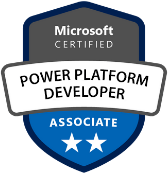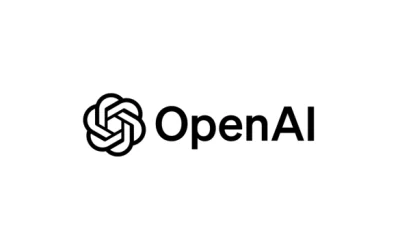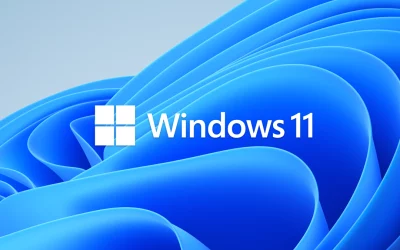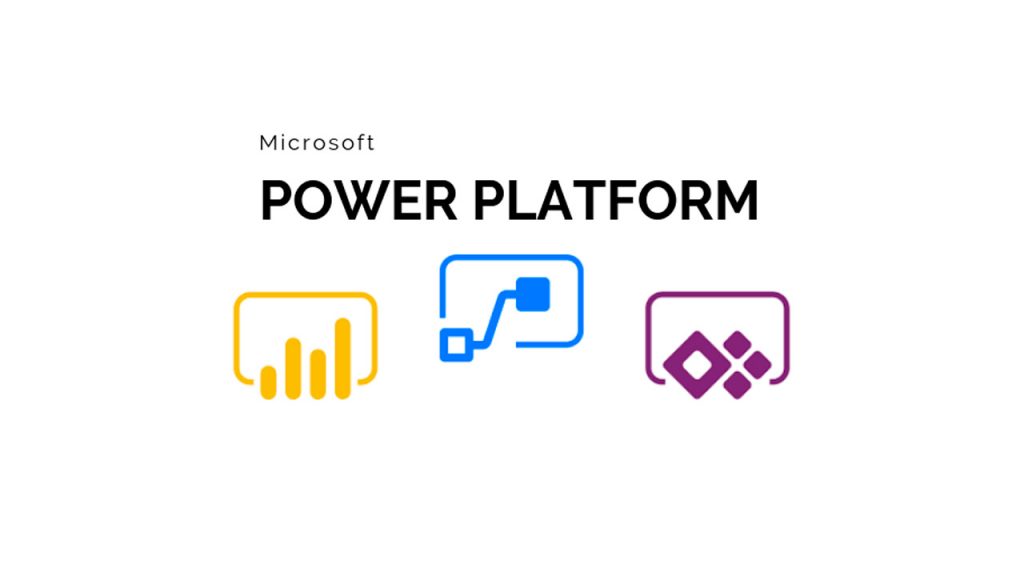
Microsoft Official Course (MOC)
Course
Course PL-400T00-A: Microsoft Power Platform Developer
(5 days)
About this Course:
Course Goals/Skills Gained:
- Create a technical design
- Configure Common Data Service
- Create and configure Power Apps
Course Format:
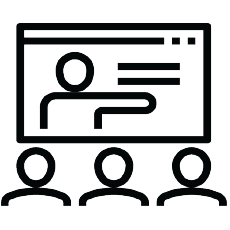 |  |
|---|---|
Присъствен (Classroom) Курс в Учебната ни зала или В Офис на Клиент | Онлайн (Online/Virtual) Курс във виртуална зала с инструктор |
Course Language Option
 |  |
|---|---|
Български (Bulgarian) | Английски (English) |
You can choose the language in which the training will be conducted – Bulgarian or English. All our instructors are fluent in English.
Student Guides:
The training materials are available in electronic format. They can be used online / offline on any device. Lifetime access.
Lab Environment:
Each student has their own lab environment where the exercises are conducted, part of the course. You do not need to install software on a computer or special hardware requirements. Participants in a face-to-face format in our Training Center have an individual computer during the training.
At Course Completion:
 | 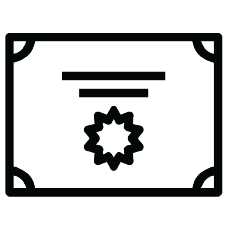 |
|---|---|
Lifetime Access - Video Archive 24/7 | Certificate of Course Completion |
Lifetime access to a video archive with recording of each individual lecture. Official internationally recognized certificate for completed training course.
Course Duration:
-
5 working days (09:00 – 17:00) or 40 hours of training (theory and practice)
Payment
An application for an invoice is accepted at the time of enrollment in the respective course. An invoice is issued within 7 days of confirming the payment.
Upcoming Courses
For more information, use the contact form. We will contact you to confirm the dates.
-
PL-400: Microsoft Power Platform Developer
Instructors
Requirements
- Candidates should have an introductory knowledge of Power Platfom
- Candidates should have development experience that includes JavaScript, JSON, TypeScript, C#, HTML, .NET, Microsoft Azure, Microsoft 365, RESTful Web Services, ASP.NET, and Power BI
Target audiences
- Candidates for this course design, develop, secure, and troubleshoot Power Platform solutions. Candidates implement components of a solution that include application enhancements, custom user experience, system integrations, data conversions, custom process automation, and custom visualizations. Candidates will gain applied knowledge of Power Platform services, including in-depth understanding of capabilities, boundaries, and constraints. Candidates should have development experience that includes JavaScript, JSON, TypeScript, C#, HTML, .NET, Microsoft Azure, Microsoft 365, RESTful Web Services, ASP.NET, and Power BI.

